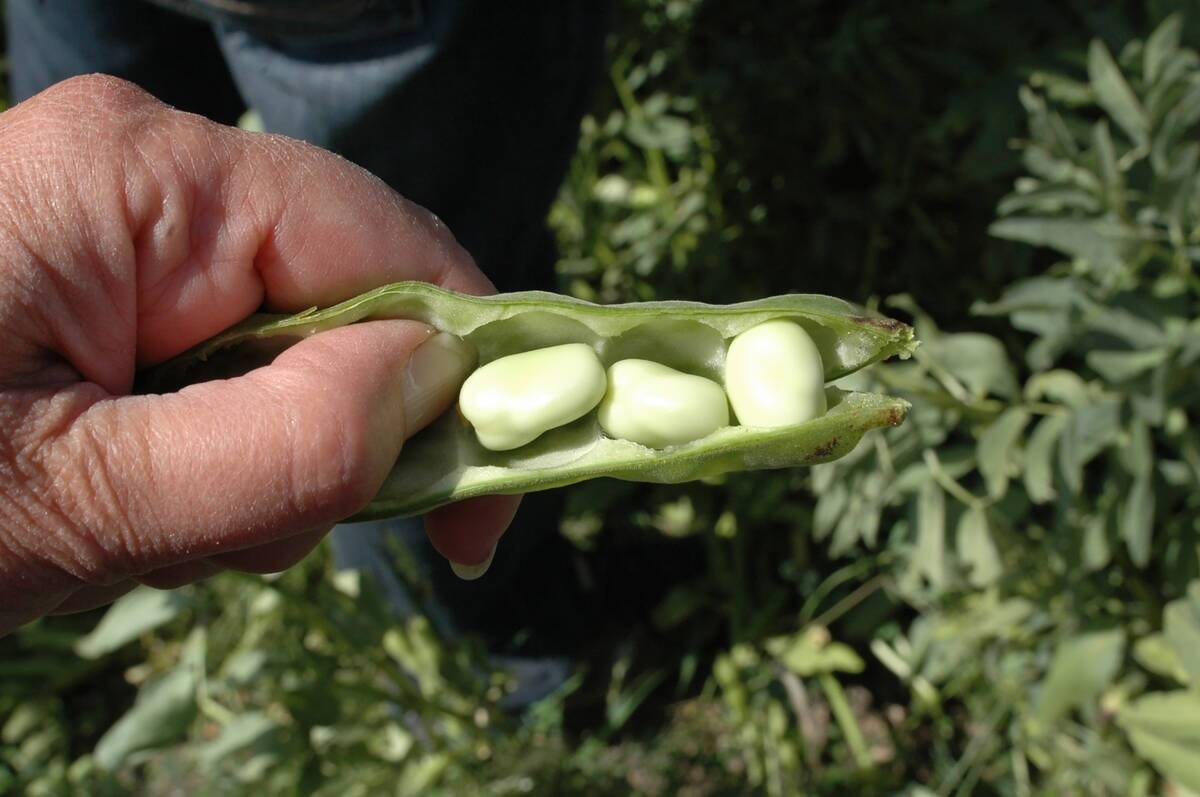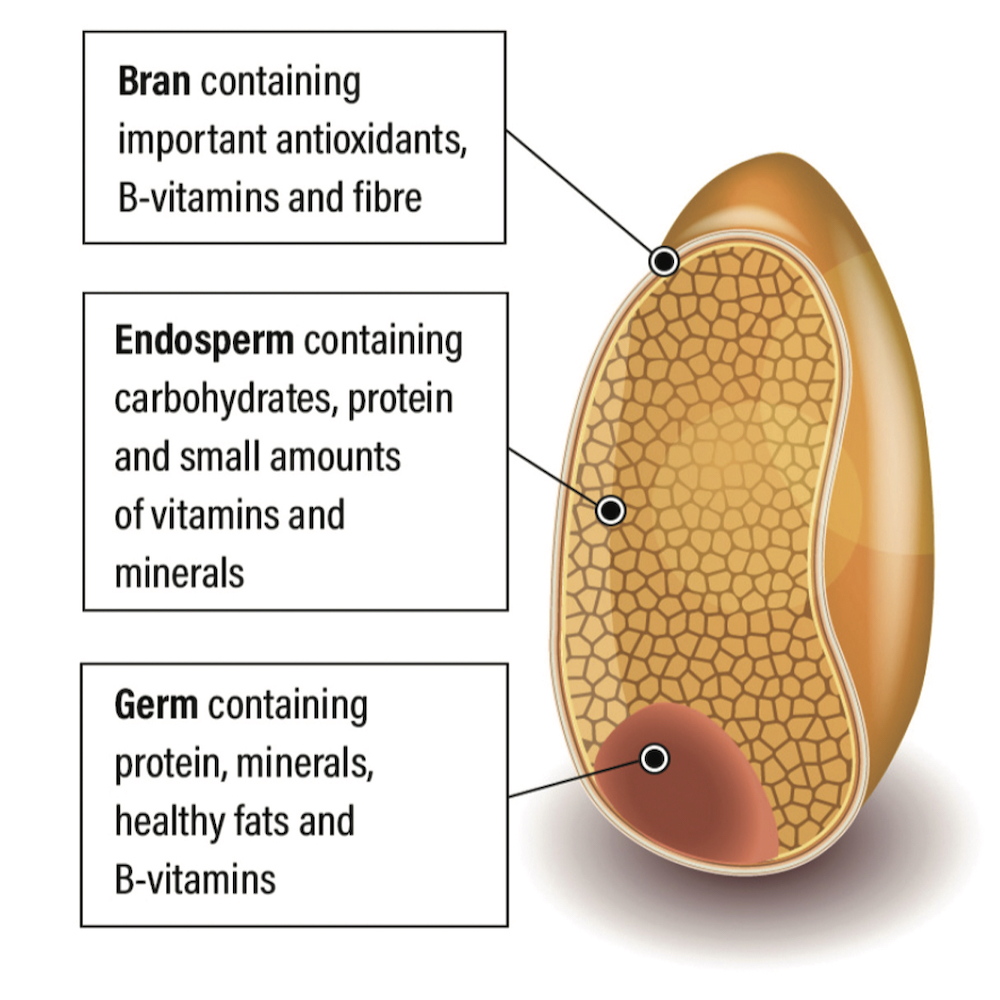I recently returned from a trade mission to China led by Agriculture Minister Gerry Ritz, who was accompanied by other federal and provincial government officials, and representatives from barley, beef, pork, blueberries, flax and other sectors.
Trade missions like this one to China are not unique, and follow closely to recent trade missions to Korea and Japan. So why do both industry and governments put so much time and money into trade missions?
The quick answer to that question is “because they work.”
Agricultural trade is sophisticated, technical, and large. The flow of billions of dollars is guided by a myriad of conflicting government policies and regulations. Face-to-face visits between ministers, senior government officials, and industry have a way of cutting through this complexity. Despite the complicated nature of the business, success in agricultural trade often comes down to one-on-one relationships.
Read Also

New crop insurer policy enables easier startup for faba beans
Agriculture Financial Services Corporation updated its normals for faba beans, which may open the door for more Canadian producers to feel comfortable growing the pulse crop in the future.
Governments are responsible for setting the rules for trade, and industry is responsible for sealing the deal and keeping the customer happy. These missions are a good example of how industry and government working together can get the whole job done.
What are some of the things we talked about when we were in China, Korea and Japan?
A key focus for Cereals Canada was the Canadian quality advantage.
- More from the Alberta Farmer Express: China’s sovereign wealth fund says to invest more in agriculture
Canadian farmers and industry can consistently deliver a high-quality product that processes the same way every time.
I remember growing up when my mom was baking bread and would say, “This batch of flour is just not right” — and the resulting bread was not quite right either. The same concept holds true for large international customers. They want their bread, noodles, or other products to be the same every time it comes out of the oven. The consistency of Canadian grains helps them achieve that goal.
Consistent high quality product has always been important for key Asian markets like Japan and is becoming more important to growing markets like China. As incomes grow across this region, people are demanding better and more consistent food products. Canadian farmers, exporters and crop development companies stand ready to meet this growing demand for quality. This is what gives Canadian cereal grains their competitive advantage.
Our customers also talked about another Canadian advantage — clean air, clean water and clean land. Canadian agriculture’s strong reputation for delivering safe food must be guarded by everyone in the industry.
How can individual farmers protect Canada’s reputation for safe food?
There are many examples, but perhaps the most important is rigidly following the labels when applying pesticides and seed treatments. Do you think that bit of treated seed in the back of the truck won’t do any harm? Or those few days of pre-harvest interval won’t make a difference?
Think again.
Consider the damage that could be done to Canada’s reputation if those few seeds push a shipment over an international maximum residue limit. And because testing is done at parts per trillion, those few seeds might just be the difference between a shipment being accepted and one that is rejected.
Food-safety concerns and environmental reputation are growing issues in international markets. As a trading nation we must protect ourselves against countries that use “safety” as an excuse to block trade. We do this by fighting for trading rules that are based on strong science.
Promoting sound scientific rules for food safety and environmental sustainability is another key goal of trade missions like the recent missions to Asia. Canada is using every opportunity to promote science-based trade and helping to build the scientific capacity of our trading partners.
Canada already has a strong reputation for high-value products in the international marketplace. By working together, producers, industry, and government can build on the Canadian brand and deliver long-term profit for everyone involved. That is our ultimate goal.














